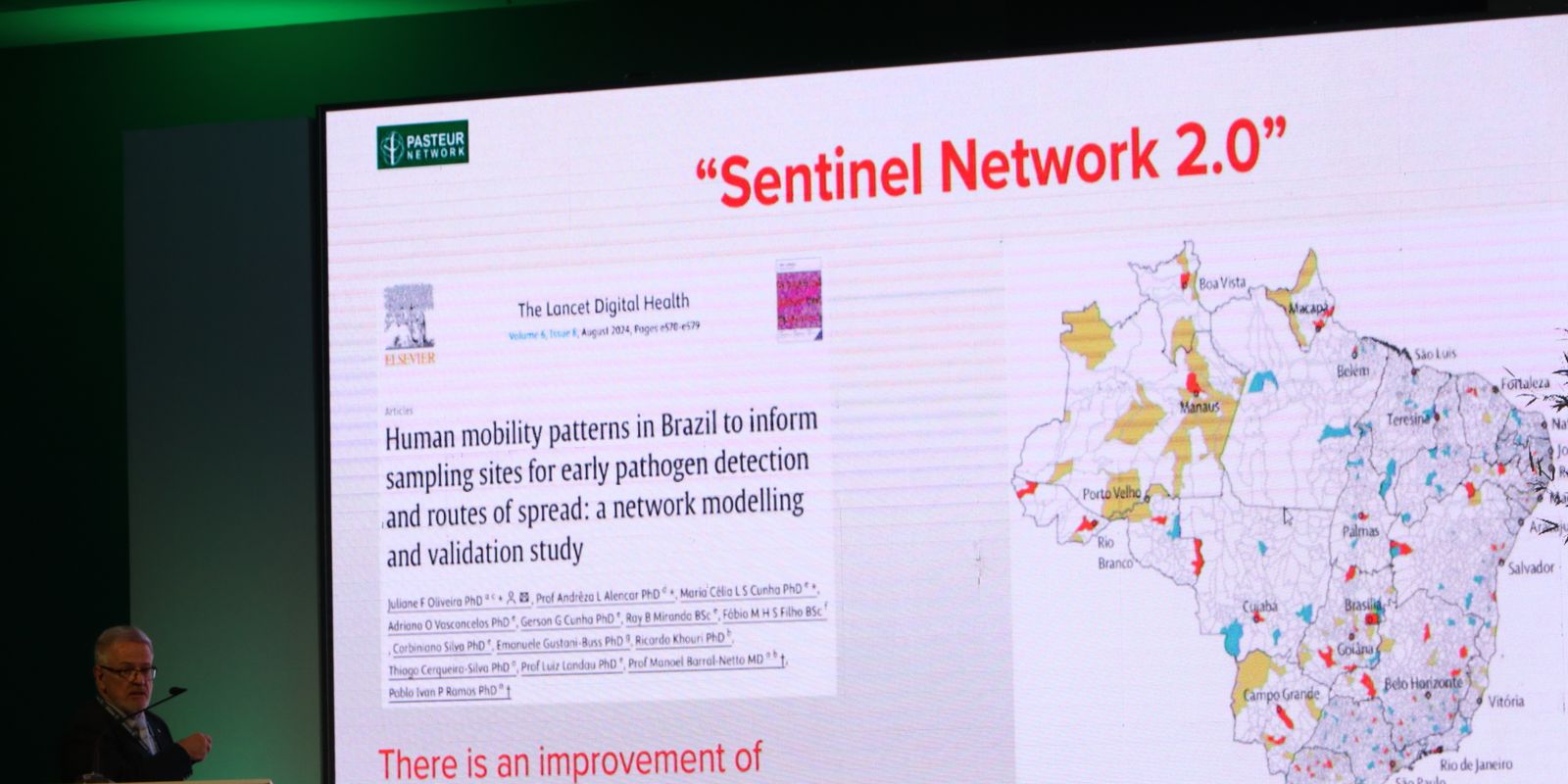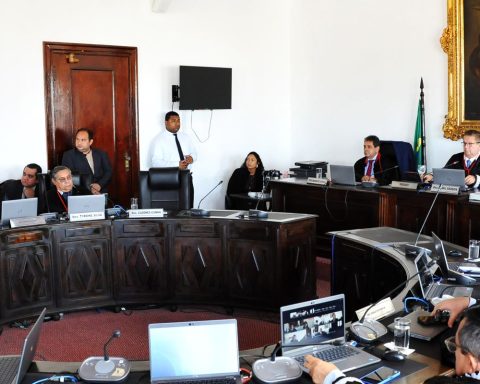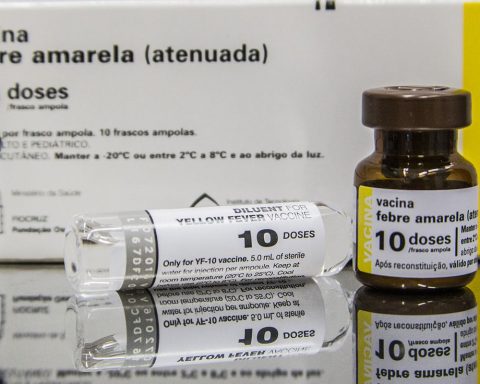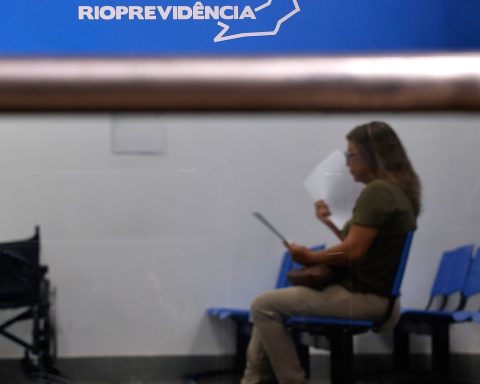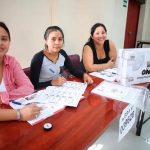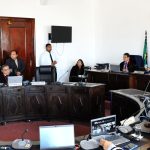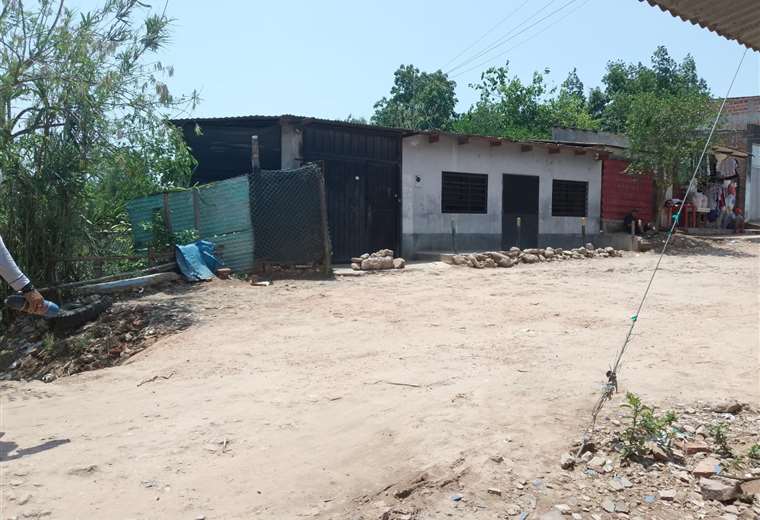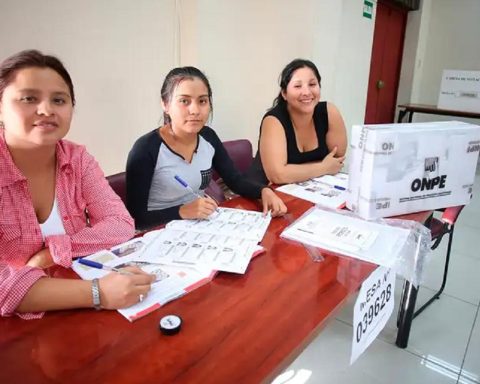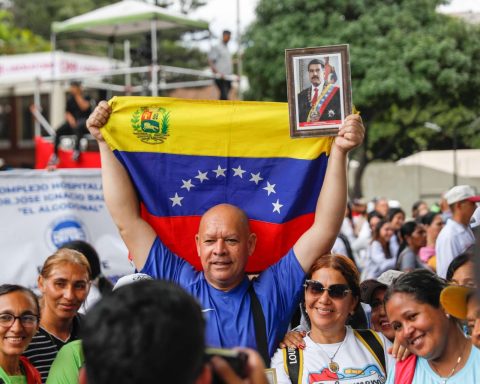The Oswaldo Cruz Foundation (Fiocruz) will host the Annual Meeting of the Pasteur Network 2024 until next Thursday (23). The event promotes the sharing of scientific knowledge between global institutions, focusing on the use of artificial intelligence and technology in preparing against epidemics and other health crises. Topics discussed include climate change and infectious diseases, such as dengue fever, and epidemics and pandemics such as Mpox and avian flu.
The Pasteur Network is made up of more than 30 institutes that address global health challenges through science, innovation and public health. It is present in 25 countries and five continents. It is recognized as a non-state actor by the World Health Organization (WHO).
At the opening ceremony, held this Monday (21), Fiocruz doctor and researcher, Manoel Barral Netto, highlighted the importance of integrating various sources of data and technologies to better deal with public health demands. He cited the case of the covid-19 pandemic in Brazil, when the use of administrative vaccination data was essential to evaluate the effectiveness of the vaccines that were being applied to the population.
“Our research showed that Brazilian vaccination data has the volume and quality necessary to evaluate several essential aspects that guide public health actions. It is possible to set up a continuous system to monitor the effectiveness of the vaccine and Brazilian vaccination, if everything is combined and structured correctly”, said Manoel Netto.
For Peter Piot, researcher at the London School of Hygiene & Tropical Medicine, it is necessary to align discourses, cooperation and knowledge to face current and future problems of global health crises.
“We need to address massive, historic trends that will change our current practices. And even the basis of current public health. In this sense, I think in three categories. The first concerns threats that will actually happen, but we don’t know when, like epidemics. We will probably have an epidemic of microbial resistance, for example”, he said.
“Secondly, there are things that we hope won’t happen, but we need to prepare for. Nuclear disasters, bioterrorism, among others. And then, we have what I understand to be the most important thing: threats that are already occurring. Climate change, which affects everything we do, such as our global health practice and research,” he added.
The researchers present at the ceremony also reinforced the role of artificial intelligence (AI) in health research, and how it, if used correctly, can be a fundamental ally in preventing diseases and epidemics.
“Artificial intelligence has revolutionized our data analysis and diagnosis, allowing us to respond more quickly to crises. AI has the potential to increase our predictive capacity and can also help us respond better to pandemics. However , it is our responsibility to ensure that these technologies are accessible to everyone. And it needs to be used ethically to reduce disparity and inequality,” said Amadou Sall, president of the Pasteur Network and general administrator of the Institut Pasteur de Dakar.
